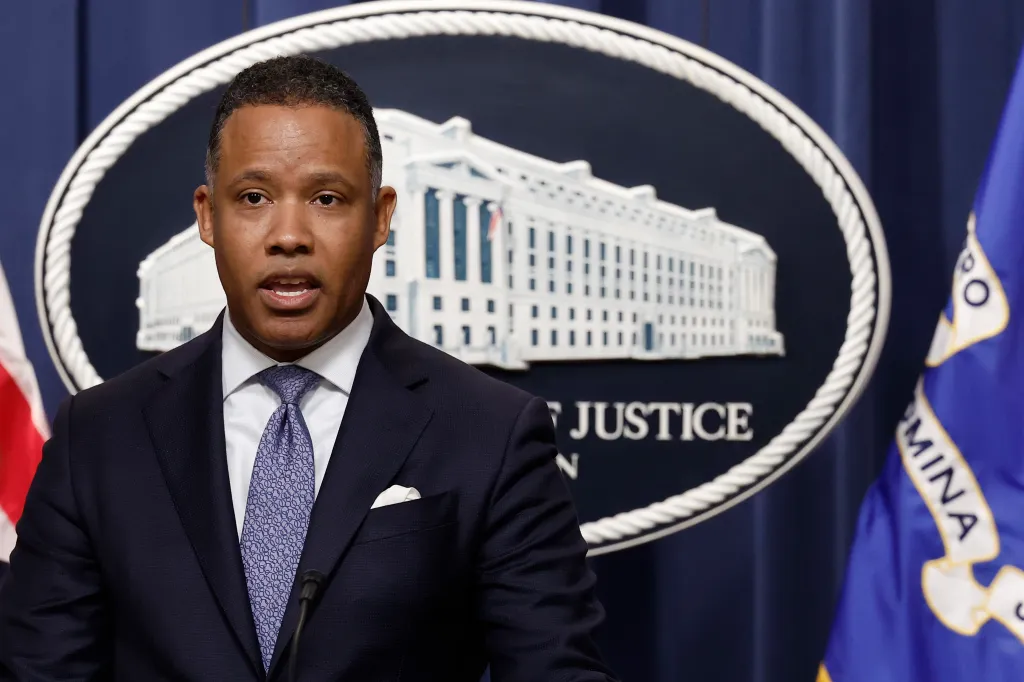The Department of Justice’s enforcement of the False Claims Act (FCA) remained robust in 2024, with recoveries totaling $2.9 billion across 558 settlements and judgments, highlighting the government’s continued focus on combating fraud against federal programs.
COVID-19 fraud emerged as a significant enforcement priority, yielding over $250 million from more than 250 settlements and judgments. These cases primarily targeted misuse of pandemic relief funds, fraudulent testing schemes, and improper billing for COVID-related healthcare services.
While procurement fraud cases saw a slight decline compared to previous years, the DOJ maintained vigilant oversight of military contracts. Key enforcement actions targeted:
- Bid rigging and procurement process violations
- Non-compliance with contract specifications
- Illegal kickback schemes
- Substandard product delivery
- False certification of small business status
Healthcare fraud continued to dominate FCA recoveries, with cases involving Medicare and Medicaid fraud, unnecessary medical procedures, and improper pharmaceutical pricing. The government also increased scrutiny of telehealth services, particularly those expanded during the pandemic.
“The False Claims Act remains one of our most effective tools for protecting taxpayer dollars and maintaining integrity in federal programs,” said Assistant Attorney General Kenneth Polite Jr. “Our 2024 recoveries demonstrate our commitment to pursuing fraudsters across all sectors.”
Whistleblowers played a crucial role, with qui tam cases accounting for approximately 75% of new FCA matters. These insider complaints helped expose sophisticated fraud schemes that might otherwise have gone undetected.
Notable developments in FCA jurisprudence included:
- Circuit court decisions clarifying materiality standards
- Enhanced scrutiny of cybersecurity compliance
- Expanded interpretation of causation in kickback cases
- New precedents regarding statistical sampling in healthcare fraud
Looking ahead to 2025, experts anticipate increased FCA enforcement in:
- Artificial intelligence and machine learning contracts
- Environmental compliance certifications
- Infrastructure project funding
- Cryptocurrency-related government contracts
- Continued COVID-19 relief program oversight
The DOJ has also signaled plans to enhance its data analytics capabilities to identify potential fraud patterns and target enforcement resources more effectively.
For government contractors, the 2024 enforcement data underscores the importance of robust compliance programs, accurate certifications, and thorough documentation of contract performance. Companies should particularly focus on:
- Regular internal audits
- Employee training on FCA compliance
- Strong whistleblower protocols
- Documentation of material decisions
- Proactive disclosure of potential violations
The rise in settlements versus litigation suggests companies increasingly prefer to resolve FCA allegations before trial, likely due to the Act’s treble damages provision and mandatory penalties.
As federal spending continues to expand across sectors, FCA enforcement is expected to remain a centerpiece of the government’s fraud prevention strategy. Companies engaging with federal programs should stay informed of evolving compliance requirements and enforcement priorities to mitigate their risk exposure.


